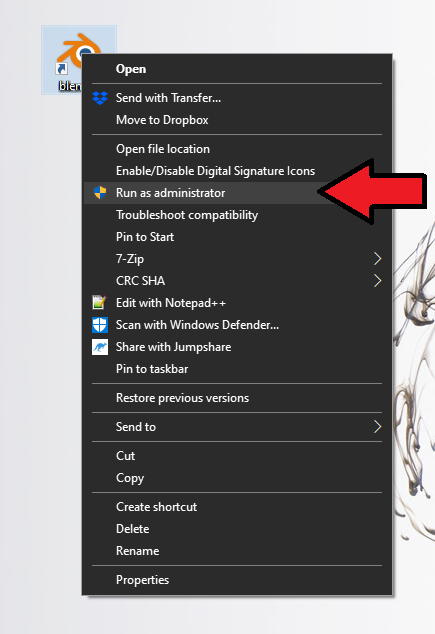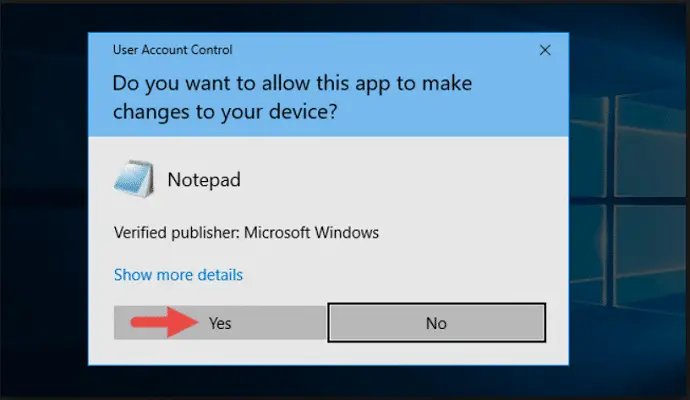

First thing I noticed was the following message in /var/log/messages:
Run as admin mediakeys upgrade#
You can re-enable them after the upgrade with the 'software-properties' tool or your package manager.Īfterwards, I rebooted and the fun began as the system couldn't connect to my wireless network. Some third party entries in your sources.list were disabled. I did get one pop-up message I noted for later: The upgrade went smoothly, though it took a few hours (much longer than the server upgrades) and seemed to go in spurts (perhaps because of apt-cacher?). I used the Network Upgrade for Ubuntu Desktops. Ln: creating symbolic link `/dev/bus/usb/devices': File existsĪfter upgrading my Ubuntu servers to 8.10, I turned my attention to my Ubuntu laptop running Ubuntu desktop. Or by label, using -L label or by uuid, using -U uuid. One can change the type of all the mounts in a mount subtreeĪ device can be given by name, say /dev/hda1 or /dev/cdrom, One can change the type of mount containing the directory dir: One can also mount an already visible directory tree elsewhere: Note that one does not really mount a device, one mountsĪ filesystem (of the given type) found on the device. Mount -t type dev dir : ordinary mount command Mount directory : mount known device here Mount device : mount device at the known place The command is `mount something somewhere'.ĭetails found in /etc/fstab may be omitted. + mount -rbind /dev/bus/usb /proc/bus/usb + # Magic to make /proc/bus/usb work so USB devices appear in VMWare Master ptmx node is already created by udev.ĭomount devpts "" /dev/pts devpts -onoexec,nosuid,gid=$TTYGRP,mode=$TTYMODE # diff -c mountdevsubfs.sh.orig mountdevsubfs.sh Then I restarted VMWare ("/etc/init.d/vmware restart") and my USB devices appeared!Ĭhanges I made to /etc/init.d/mountdevsubfs.sh: dev/bus/usb /proc/bus/usb usbfs auto 0 0

The "usbfs" on the begining seemed wrong to me, so I dropped that, resulting in the following line: Poking around a little more I found this advice which seemed cleaner, except it was a little flawed, when I tried adding the line as given to /etc/fstab, it didn't help and I noticed that if I actually tried to invoke the line, I got the following error: However when I re-applied those changes I got an error running the script (see end of post). In fact I have a /etc/init.d/mountdevsubfs.sh.dpkg.old file with the changes applied, so I know I did. A quick google turned up this hint which I really remember doing before. This sure seems familiar but I can't find a blog post about it. I hope someone around here can help me out, any help is really appreciated.Hmmm, I went to use a USB device in my Win XP win and it wasn't showing up (Under VM/Removable Devices/USB Devices).

Unistalled Logitech Setpoint -> Problem solved, but e.g.Reinstalled MediaMonkey -> Problem persisted.Uninstalled MiniLyrics and MiniLyrics Embedder -> Problem persisted.When MediaMonkey didn't have the focus the media keys were working. Installed MiniLyrics with MiniLyrics Embedder -> Media keys were not working anymore when MediaMonkey had the focus.
Run as admin mediakeys windows 8#
Installed Windows 8 圆4, then Logitech Setpoint and the MediaMonkey -> Everything worked fine back then.Space) are working in MediaMonkey and the media keys are working in other programs (e.g. The media keys (Play/Pause, Prev, Next, etc.) from my keyboard (Logitech Media Keyboard and Logitech diNovo Mini) are not working anymore. First of all big thanks to the MediaMonkey Team for such an awesome mediaplayer!


 0 kommentar(er)
0 kommentar(er)
